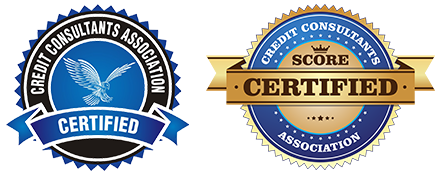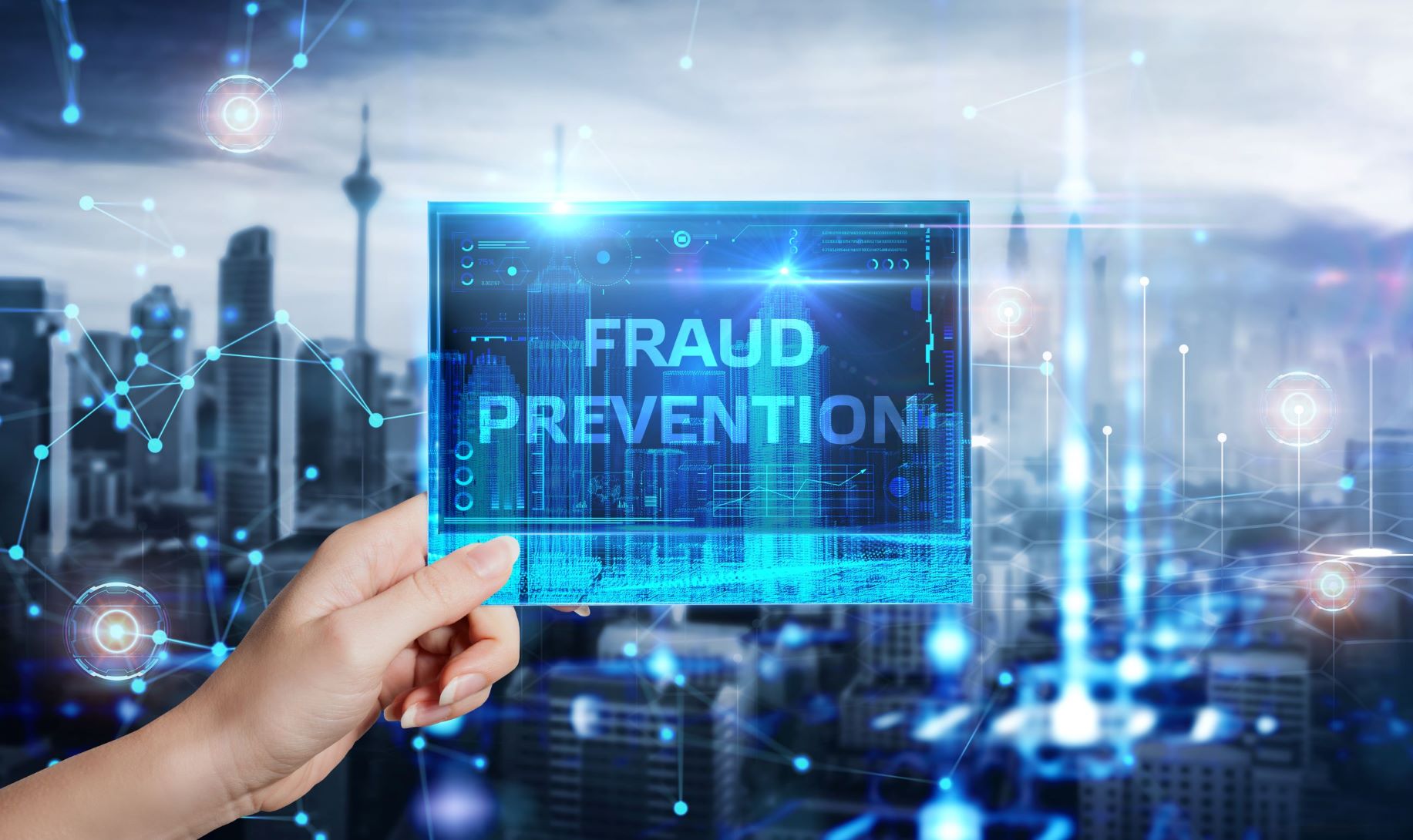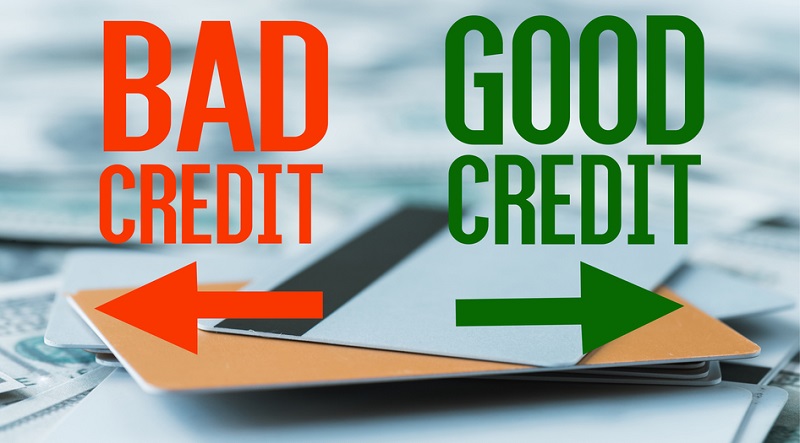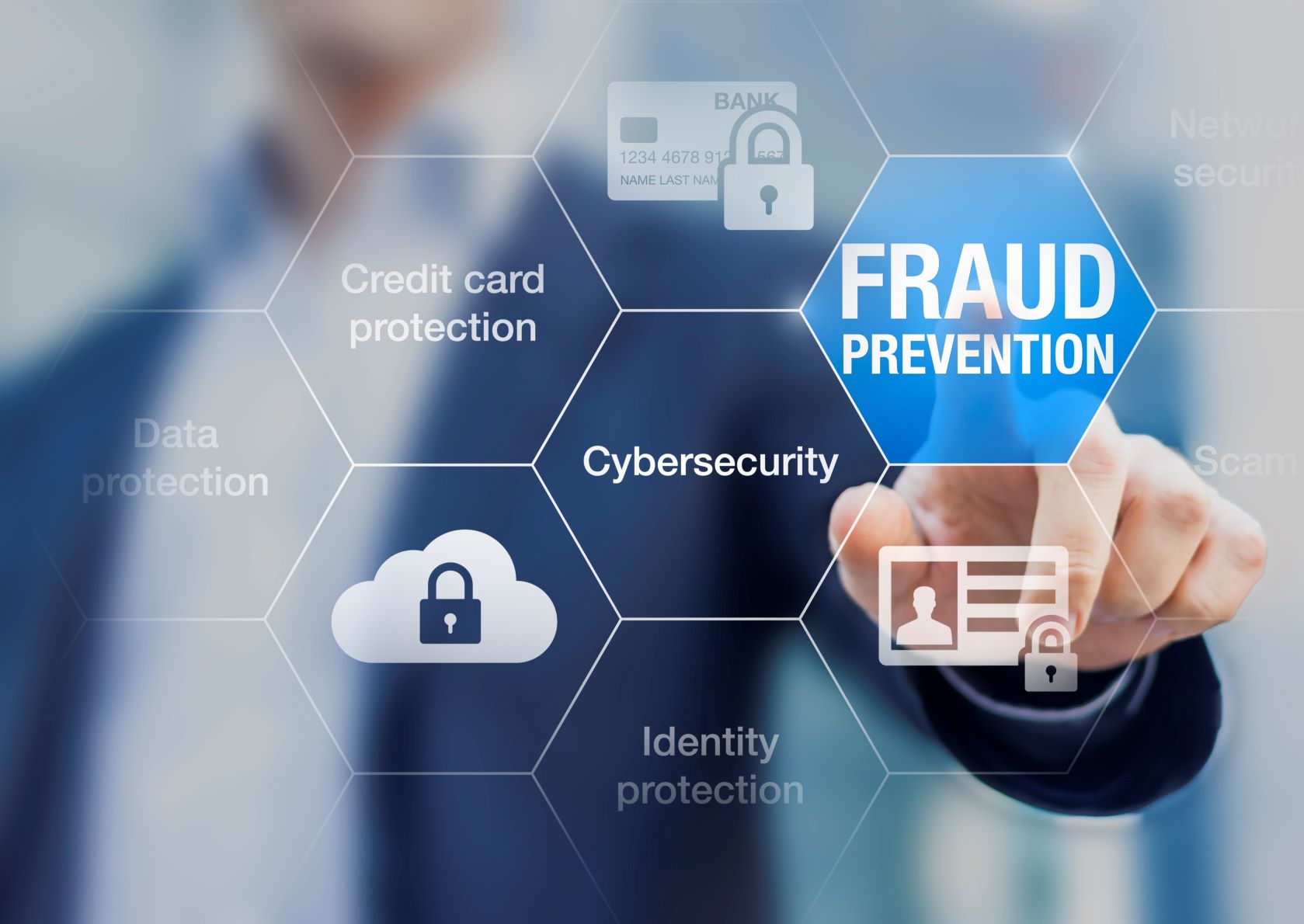- Home
- Bankruptcy
- Does Filing Bankruptcy Affect Credit
How Does Filing Bankruptcy Affect Credit Scores?
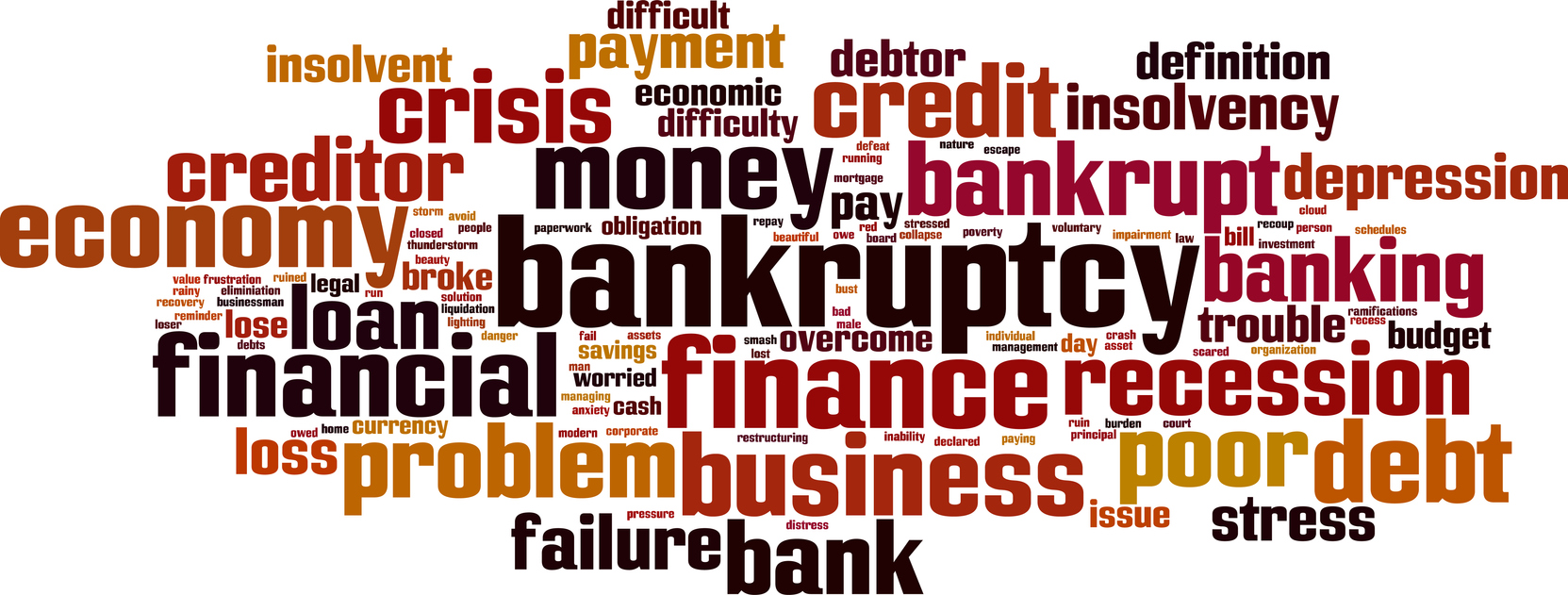
Does filing bankruptcy affect credit scores? Filing for bankruptcy can provide relief from debts and offer an opportunity to hit the reset button on personal finances. However, while being declared bankrupt can initially take away some points from your credit score and even prevent you from getting approved for new credit, wiping out your debt can put you on a path to better credit in the long term.
Does Filing Bankruptcy Affect Credit?
The mystery regarding bankruptcy isn't so much about why many people file for bankruptcy but why more people don't!
One of the biggest fears that most Americans have about being declared bankrupt is the impact on their precious credit score. Does filing bankruptcy affect credit? For how long?
Loans and credit products have become such staples in today's society that living with a poor credit score can be a considerable inconvenience. In fact, according to estimates from the Federal Reserve Bank of New York, roughly 17 million Americans owe more than they own.
Which means they are struggling with debts. Such people could benefit from filing for bankruptcy and having their obligations written off, but surprisingly, only less than 1 percent of American households file for bankruptcy each year.
Are you drowning in never-ending debts that seem to keep mounting regardless of what you do and confused about which path to take? Are you worried that moving forward with bankruptcy will destroy your credit score forever? Does filing bankruptcy affect credit?
Unfortunately, there's not much good news regarding your credit score or your ability to borrow money when it comes to bankruptcy. But always remember, information is power. The more information you have regarding bankruptcy and its impact on credit, the easier it becomes to make intelligent proactive decisions.
What's The Impact Of Bankruptcy On Your Credit Score And Report?

How does filing bankruptcy affect credit, exactly? Filling for bankruptcy will undoubtedly hurt your credit score. However, it's difficult – or better yet, impossible to predict how badly any person's credit score will be affected by bankruptcy.
Based on testimonials from clients, credit scores tend to vary immediately after being declared bankrupt. The impact on your credit scores could depend on several factors in your credit report and where your credit stands now.
However, one thing is sure; bankruptcy is a black spot on your credit report and will appear there for seven or ten years, depending on the type of bankruptcy. So, what can you do if you can't avoid filing for bankruptcy?
If bankruptcy is inevitable, your best option is to get your default sorted out and closed as fast as possible – the sooner you get a bankruptcy removed from your credit report, the sooner you can start rebuilding your credit score.
How Can Bankruptcy Affect Your Ability To Borrow Money?
Does filing bankruptcy affect credit and your ability to borrow money? Yes. When a bankruptcy item or mark shows on your credit report, you will struggle to obtain credit cards or loans. While a low credit score reduces your chances of getting approved for loan products or credit cards, bankruptcy may prevent you from applying for new credit without permission from the court.
Depending on your bankruptcy, applying for credit after bankruptcy without the court's permission could be a violation of your agreement.
Besides, many lenders automatically decline loan applications made by bankrupt individuals. Meaning they could spot the bankruptcy mark on your report and immediately deny your application regardless of your credit payment history or current credit score.
If you want to apply for loans or credit while bankrupt, your options will be limited and will likely only include small-scale loan products like personal loans. Sometimes, when you apply for credit exceeding a specific limit, you must disclose your bankrupt status.
That includes when:
- You want to obtain goods or services on credit
- You want to hire, lease, or write an IOU for goods or services
- You want to receive an amount by promising services or goods
During bankruptcy, you may have better success when applying for secured credit.
How Can You Get Your Bankruptcy Discharged Early?
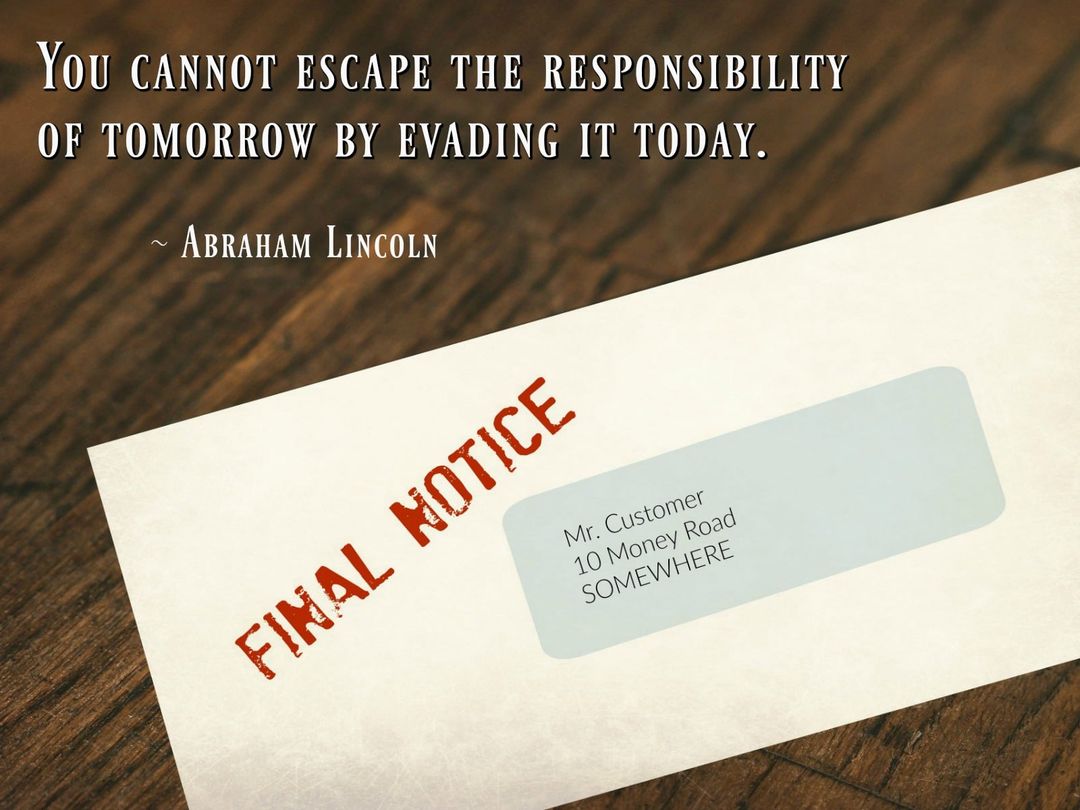
Having your bankruptcy discharged means you are legally released from being liable for the debts owed to lenders included in your bankruptcy.
Some of the debts wiped out by bankruptcy include:
- Unpaid rent
- Unsecured personal and payday loans
- Legal, medical, and accounting fees
- Credit and store cards
- Overdrawn bank account balances
Note that bankruptcy does not release you from the following debts:
- Court fines
- Child support
- Debts not included when filing for bankruptcy
- Tax liens
A chapter 13 debtor's bankruptcy will discharge after completing all the court-approved repayment plan payments. A chapter 7 debtor can be granted a discharge 3-4 months after filing. However, some cases remain open for longer if non-exempt assets (property you cannot protect) are involved.
However, there are limited or unique circumstances under which you could manage to 'annul' your bankruptcy.
Meaning early cancelation of your bankruptcy can be reached in the following ways:
- Paying all existing debts in full includes the interest, collection charges, or any expenses incurred or charged by the trustee.
- Prove to the court that you shouldn't have been declared bankrupt in the first place
- Arrange an arrangement with your lender(s) to accept partial payments
Does Filing Bankruptcy Affect Credit? Can You Avoid Bankruptcy?
While you might want to avoid bankruptcy because of the potential impact on your credit score, consider that if you're having extreme financial troubles, bankruptcy may be the solution that saves the day and helps you get your finances back on track.
However, if bankruptcy seems like a bad idea or if you feel your situation requires a different solution, there are other alternatives available to you, including:
- Debt consolidation loans
- Negotiating with creditors to get a formal or informal debt agreement
- Pay on your own
If these alternatives work for you, then you can naturally avoid asking how does filing bankruptcy affect good credit scores and the consequences that are associated with it being on your credit report.
Get On The Path To Better Credit After Bankruptcy.
If you decide to file for bankruptcy, know that while it will hurt your score for up to 10 years, your credit isn't doomed forever. Once you're out of bankruptcy – which you can speed up with the tips to get your bankruptcy discharged early – you can work towards getting your finances in order and focus on improving your credit score.
Luckily, there are tips to help stop asking, "how does filing bankruptcy affect credit" and help you rebuild your credit after bankruptcy, including:
- Keep paying credit accounts not included in bankruptcy on time every time.
- Make sure your credit reports from all credit bureaus accurately reflect your bankruptcy and are free of reporting errors.
- Avoid job-hoping
- Build a positive payment history with new creditors moving forward
- Get a secured credit card and make on-time payments.
- Become an authorized user on another's a credit account
Seek Help!
You can speak to a bankruptcy lawyer to help you understand how filing bankruptcy affects credit and other bankruptcy consequences. A well-reputed debt counselor can offer objective and confidential services to help you make an informed decision regarding unmanageable debt.
While bankruptcy can remain in your credit report for many years, even after discharge, it impacts your credit score less as time passes. It's always best to continually work towards improving your score. It's possible to get a 'perfect' FICO score after bankruptcy, but you have to put in the work.
Does filing bankruptcy affect credit? Yes, but If you start rebuilding your credit now, you might be surprised how soon after bankruptcy, you begin to get approved for credit cards and other loans again.
Free 5-Day - Start Repairing Credit Challenge - Do It Yourself - Including A Live Expert Question & Answer Session.

Related Articles:
